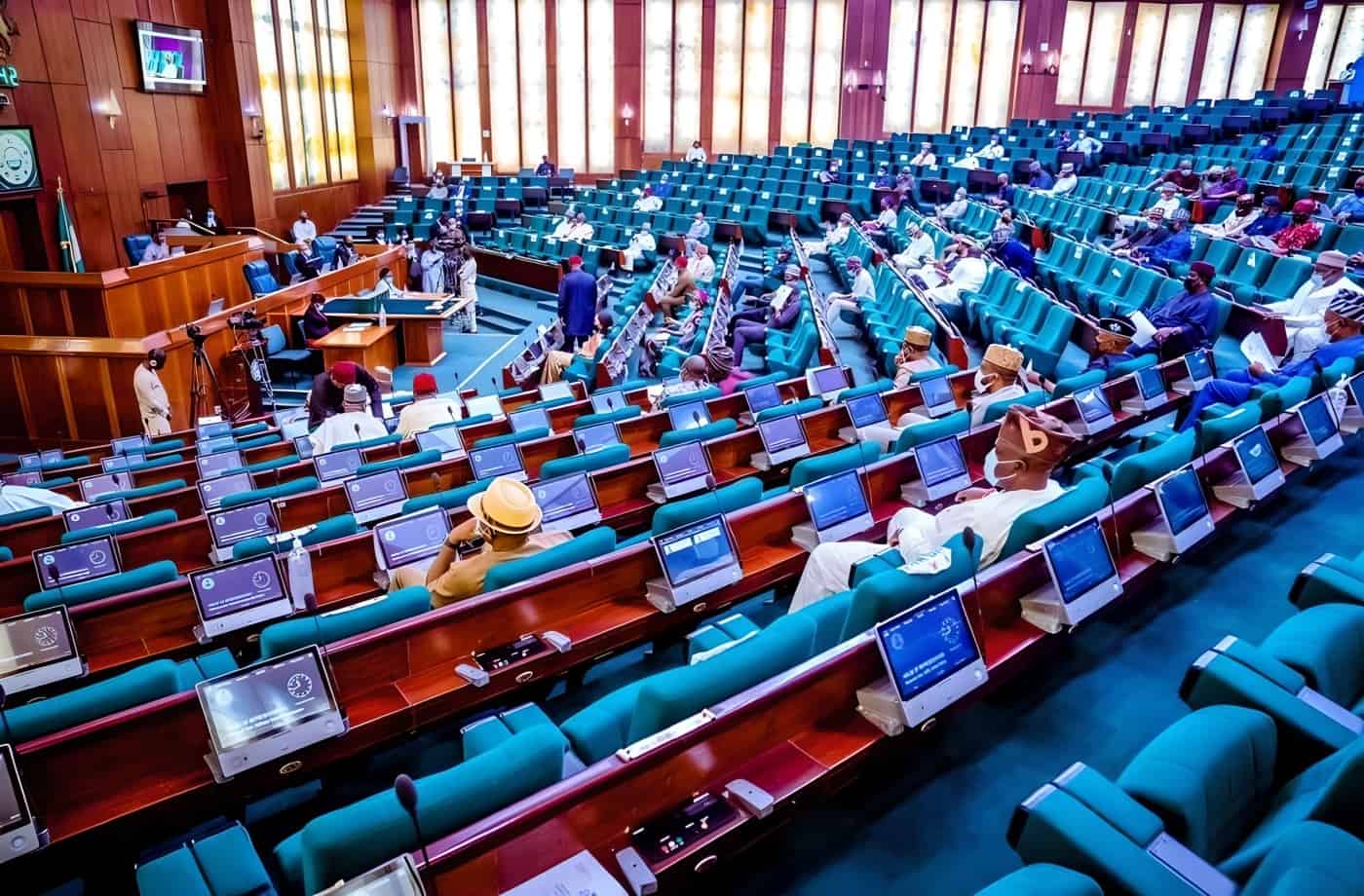The Reasons Behind Motion: Addressing Fuel Subsidy Effects
The resolution, which was introduced by Anamero Dekeri, an APC delegate from Edo, pleaded with the federal government to pay for all secondary students’ important tests, such as the WAEC, NECO, and UTME.

Dekeri drew attention to the financial strain that the elimination of the petroleum subsidy has placed on the lower-class population, contributing to rising expenses for transportation and other necessities.
According to Dekeri, the government has been able to save a substantial amount of money—roughly N17.2 billion every day—since the subsidies were removed, which had previously been abused by a small group of people.
“It’s only right that the government uses a portion of these funds to ease the financial burden on regular citizens, especially in light of this significant savings,” Dekeri contended.
His main proposal was for the Ministry of Education to provide free registrations for the previously mentioned tests for 2023 and 2024. He framed this as a concrete advantage for the public resulting from the withdrawal of fuel subsidies.
In addition, Dekeri urged the Ministry of Finance, Budget, Economic and National Planning to create a framework that would include the needs of those in the lower income range and foster a feeling of inclusivity in national planning.
Diverse Responses and Oppositional Ideas
The APC’s House Leader, Julius Ihonvbere, of Edo, opposed the proposal and offered an alternate plan in which each member would fund a school in their district. Alhassan Doguwa (APC, Kano), however, opposed this change, pointing out that numerous members already paid for their constituents’ test expenses.
Two amendments were put forth by APC members in Ogun, Olumide Osoba and Morruf Afuape, in an additional intriguing development.
Osoba proposed that state governments should bear the responsibility for this, whereas Afuape proposed restricting the benefit to public schools only. The House approved both amendments by voice vote once they were presented.
But when PDP member Awaji-Inombek Abiante from Rivers expressed reservations over the exclusion of private institutions, the discussion took a different turn. Abiante called this discriminatory and emphasized that it is required under the Constitution to guarantee that everyone is treated equally.
Abiante’s move to put the initial plan and the changes on hold for additional thought was the result of these lengthy and intense discussions. The House finally approved this motion after it was put to a vote.
Source: MySchoolGist , Allschools By Allschoolabs















